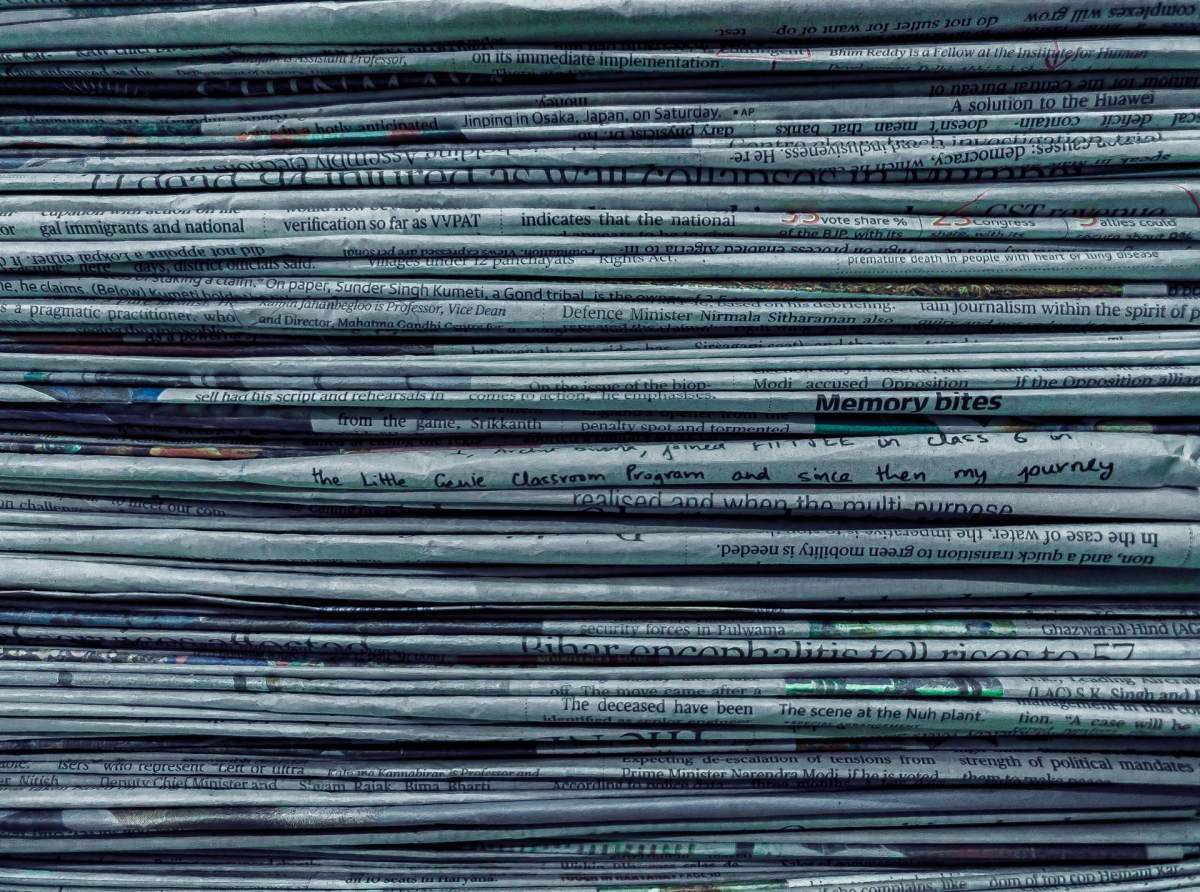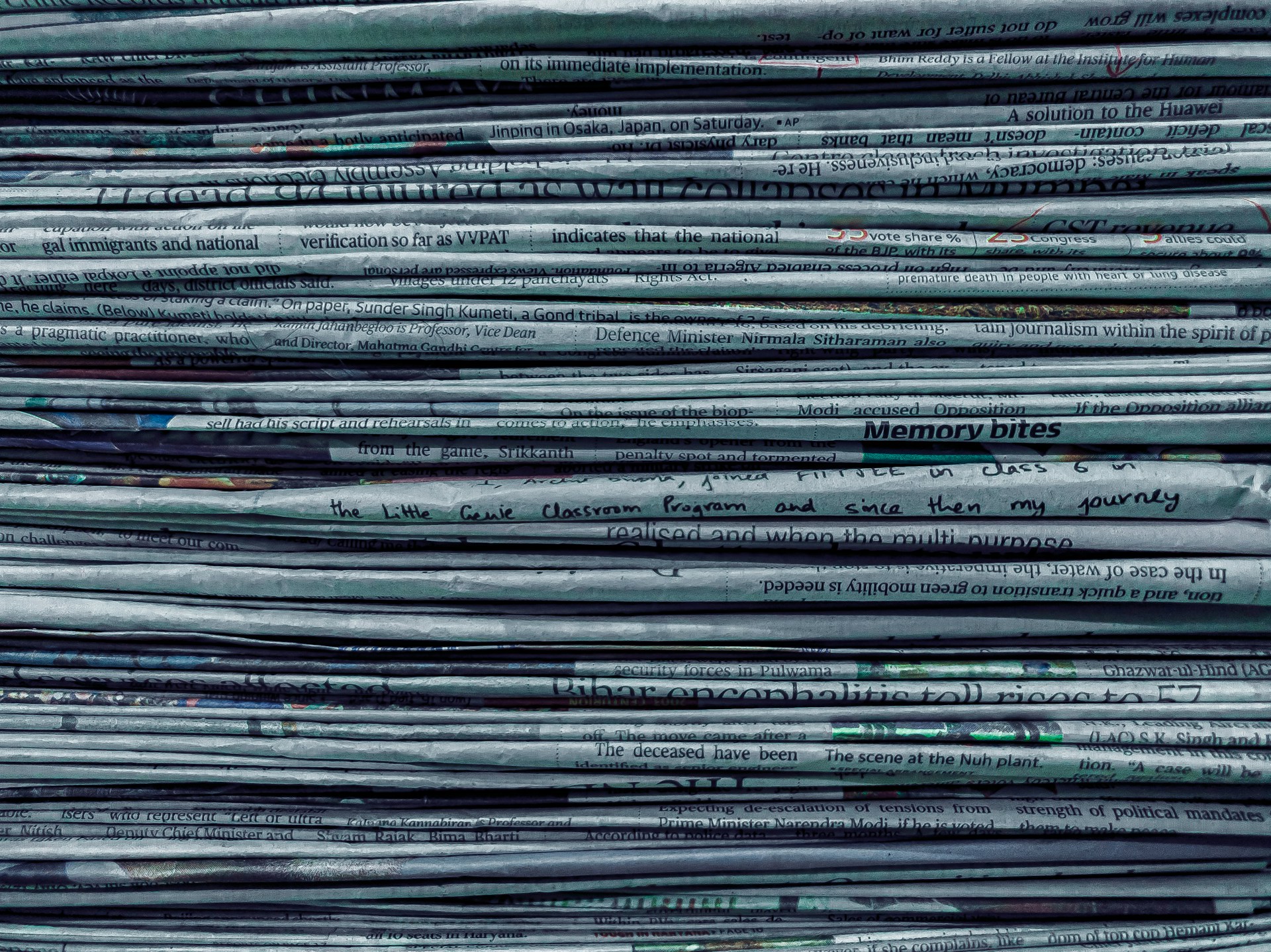News Trading: How to Make Money on Events, Not Forecasts

News Trading: How to Make Money on Events, Not Forecasts
News trading is a strategy in which traders make decisions based on the release of economic or political news that can dramatically change price movements.
Through real-time analysis and the use of automated tools, traders can gain significant advantages if they understand how to correctly interpret macroeconomic signals.
Through real-time analysis and the use of automated tools, traders can gain significant advantages if they understand how to correctly interpret macroeconomic signals.
The essence of the strategy
News trading is the search for and use of price impulses that occur when important data is released:Fed or ECB interest rate decisions,
inflation data (CPI, PPI),
National Employment Reports (NFP),
GDP and trade balance,
corporate reporting of the largest companies.
The main goal is to catch the volatility that is created by panic or euphoria in the market.
Why news moves the market
News influences investor expectations, which in turn shapes prices. For example:Rising inflation in the US is increasing expectations of monetary policy tightening, and the dollar is strengthening.
Positive labor market data pushes the Nasdaq and S&P 500 indices higher.
Political crises, on the contrary, cause gold to rise and risky assets to fall.
According to CME Group, in the first 5 minutes after the NFP release, the EUR/USD market could fluctuate by up to 80 pips , equivalent to a 0.8% move—a huge opportunity for day traders.

News Trading: How to Make Money on Events, Not Forecasts
Technology and speed
Modern news traders use:economic calendars (ForexFactory, Investing.com, Bloomberg Terminal),
trading robots that react to news in milliseconds,
Streaming APIs for sentiment analysis,
Google's SGE tools highlight trends in keyword mentions in news stories.
According to research by Refinitiv, the share of algorithmic strategies in news trading already exceeds 70% , especially in the currency and commodity markets.
Benefits and risks
Pros:
High profit potential in a short time.
Transparent signals - the moment of publication is known in advance.
Diversification opportunities: trading on currency, commodity and stock markets simultaneously.
Cons:
Spreads are widening sharply.
Severe slippage.
The risk of emotional decisions and misinterpretation of data.
Examples and geography of influence
The strongest reactions are seen in data from the US, China, the EU, and the UK .For example:
The release of US CPI data could cause volatility in the DXY index to jump by up to 1.5% within an hour.
The Bank of Japan's decision to change its yield curve control policy in 2023 caused a spike in USD/JPY to 400 pips.
How should a trader act?
- Select events with a predictable effect.
- Evaluate consensus forecasts and potential deviations.
- Prepare if-then logic scenarios.
- Use pending orders before publication.
- After the data is released, quickly close the position, securing the result.
"News trading isn't a guessing game. It's a discipline where success depends not on reacting to news, but on the scenario you've built in advance."
— Michael Thompson, FXStreet analyst
Conclusion
News trading requires instant reaction, strong nerves, and technical expertise. It's a strategy for those who can navigate uncertainty and quickly translate data into decisions. In the era of artificial intelligence and instant analytics, news trading is becoming a symbiosis of human and algorithmic.
News trading requires instant reaction, strong nerves, and technical expertise. It's a strategy for those who can navigate uncertainty and quickly translate data into decisions. In the era of artificial intelligence and instant analytics, news trading is becoming a symbiosis of human and algorithmic.
By Claire Whitmore
October 24, 2025
Join us. Our Telegram: @forexturnkey
All to the point, no ads. A channel that doesn't tire you out, but pumps you up.
October 24, 2025
Join us. Our Telegram: @forexturnkey
All to the point, no ads. A channel that doesn't tire you out, but pumps you up.









Report
My comments